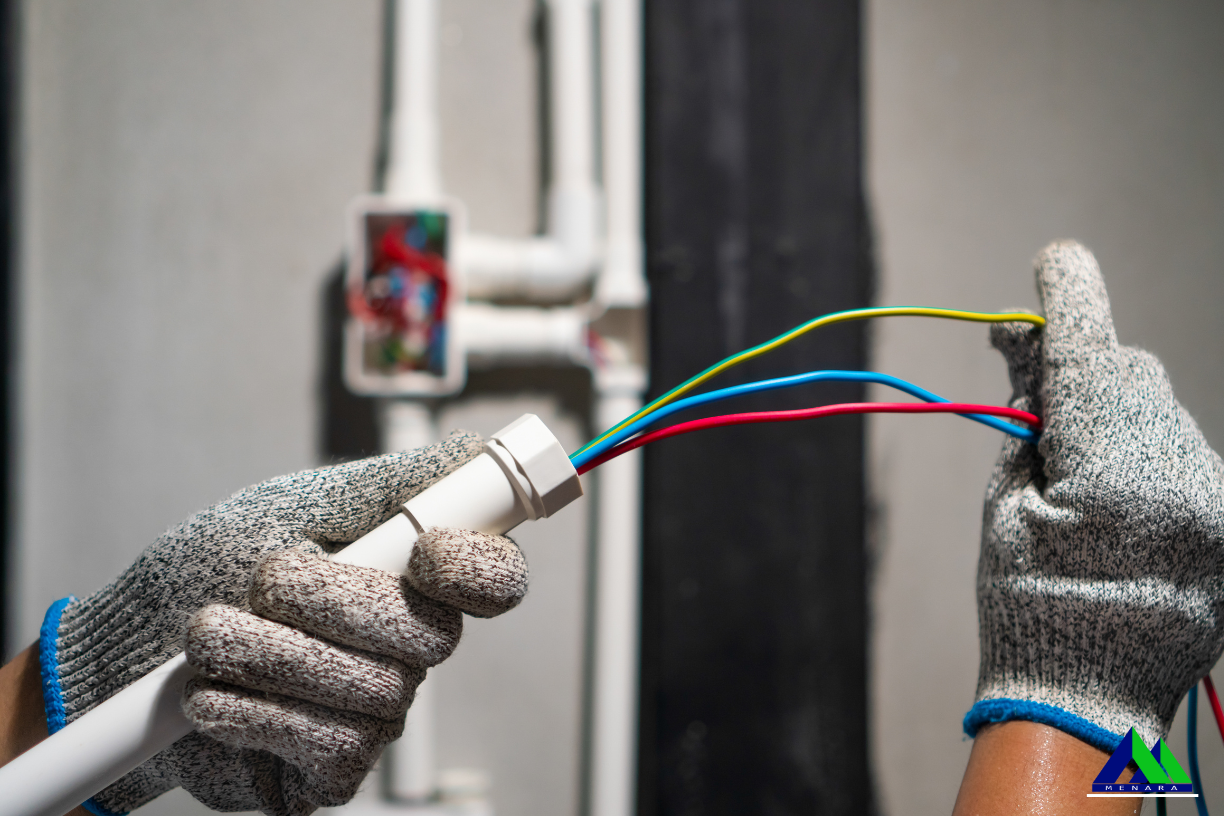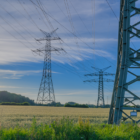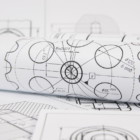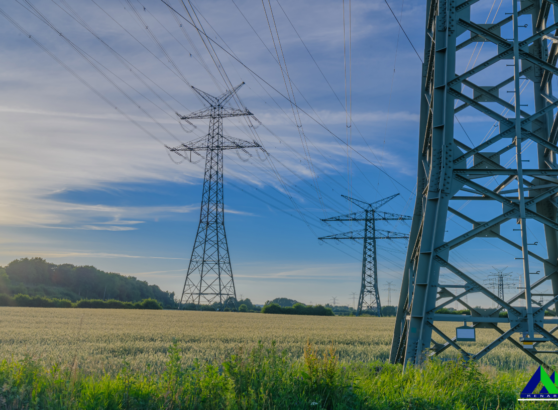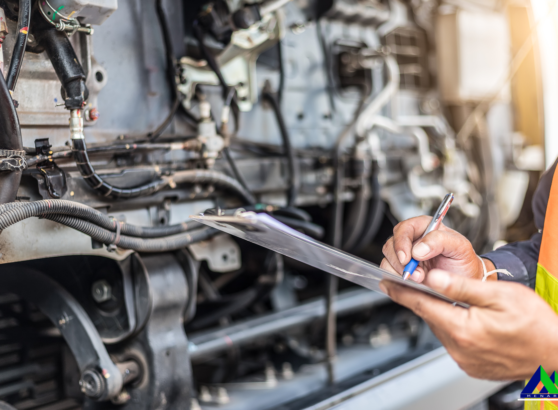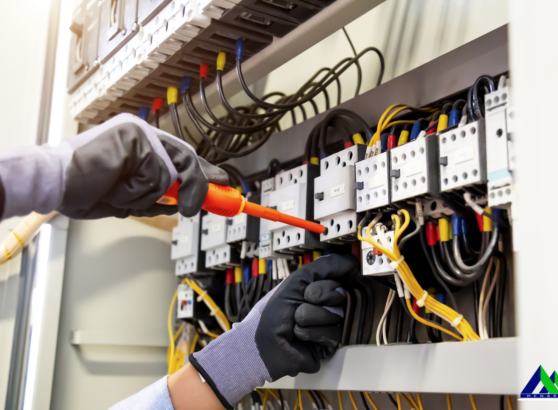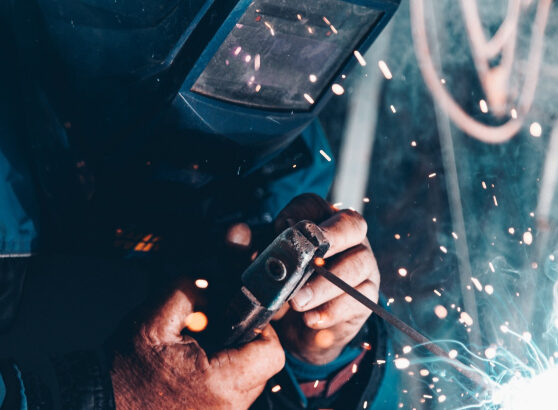In Brunei Darussalam, electrical safety is a critical aspect of both residential and commercial infrastructure. As the nation continues to develop and modernize, adherence to electrical safety standards becomes increasingly important. This article aims to provide a comprehensive overview of electrical safety standards in Brunei, highlighting key regulations, best practices, and what individuals and businesses need to know to ensure compliance and safety.
Regulatory Framework
Brunei’s electrical safety standards are primarily governed by the Department of Electrical Services (DES) under the Ministry of Energy. The DES is responsible for implementing and enforcing electrical safety regulations throughout the country. Key regulatory documents include:
- The Electricity Act (Chapter 99)
- The Electricity Regulations
- The Electricity (Wiring) Regulations
These regulations outline the requirements for electrical installations, maintenance, and safety practices in Brunei.
Key Electrical Safety Standards
1. Installation Requirements
All electrical installations in Brunei must comply with the country’s wiring regulations. These regulations cover aspects such as proper wiring techniques, appropriate use of electrical materials, correct sizing of cables and circuit breakers, and adequate grounding and bonding. It’s crucial for electricians and contractors to be familiar with these requirements to ensure safe and compliant installations.
2. Licensing and Certification
Brunei maintains strict standards for individuals and companies involved in electrical work. Electricians must be licensed by the DES, and electrical contractors require proper registration and certification. Regular training and re-certification may be necessary to maintain licenses. This system helps ensure that only qualified professionals handle electrical installations and repairs.
3. Regular Inspections and Maintenance
The DES emphasizes the importance of regular electrical inspections and maintenance. This includes:
- Periodic inspections of electrical systems in buildings
- Scheduled maintenance of electrical equipment
- Prompt repair or replacement of faulty components
Regular checks help identify potential hazards before they lead to accidents or failures.
4. Safety Devices and Protection
Brunei’s electrical safety standards mandate the use of various safety devices, including Residual Current Devices (RCDs) for protection against electric shocks, circuit breakers to prevent overloading, and proper insulation and isolation mechanisms. These devices play a crucial role in preventing electrical accidents and fires.
5. Energy Efficiency Standards
While not directly related to safety, Brunei’s electrical standards also incorporate energy efficiency requirements. This includes the use of energy-efficient appliances and lighting, proper insulation to reduce energy waste, and implementation of smart energy management systems. These standards contribute to overall electrical system health and sustainability.
Compliance and Enforcement
The DES actively enforces electrical safety standards through various means, including regular inspections of electrical installations, audits of electrical contractors and their work, investigation of electrical incidents and accidents, and imposition of penalties for non-compliance. Businesses and individuals must stay informed about these enforcement activities to avoid potential legal and safety issues.
Best Practices for Electrical Safety
To ensure compliance with Brunei’s electrical safety standards, consider the following best practices:
- Stay updated on the latest electrical safety regulations and guidelines
- Always hire licensed electricians for installations and repairs
- Regularly inspect and maintain electrical systems
- Use only approved electrical products and materials
- Implement proper safety protocols in workplaces
- Educate employees and family members about electrical safety
Challenges and Future Directions
While Brunei has made significant strides in electrical safety, some challenges remain. These include keeping pace with rapidly evolving technology, ensuring widespread compliance, especially in older buildings, and balancing safety requirements with energy efficiency goals. The DES continues to work on addressing these challenges through ongoing regulatory updates and public education initiatives.
Conclusion
Understanding and adhering to electrical safety standards in Brunei is crucial for both public safety and legal compliance. Whether you’re a homeowner, business owner, or professional in the electrical industry, staying informed about these standards is essential. By following the regulations set forth by the Department of Electrical Services and implementing best practices, you can contribute to a safer electrical environment in Brunei.
Remember, electrical safety is not just about compliance – it’s about protecting lives and property. As Brunei continues to develop, maintaining high standards of electrical safety will play a vital role in ensuring the nation’s progress is both sustainable and secure. Stay informed, stay compliant, and stay safe.

